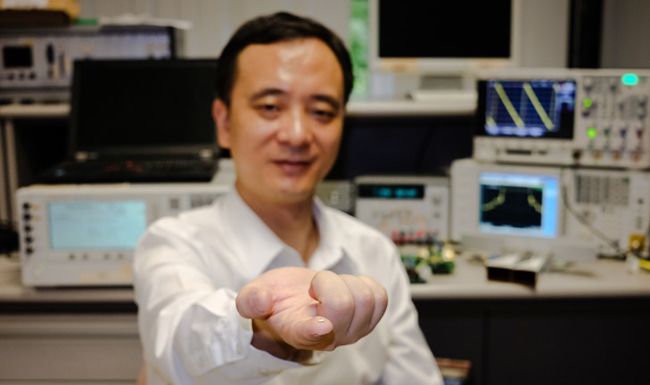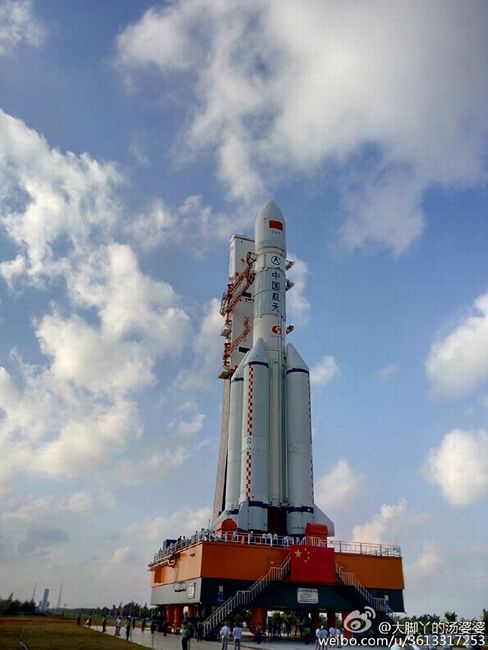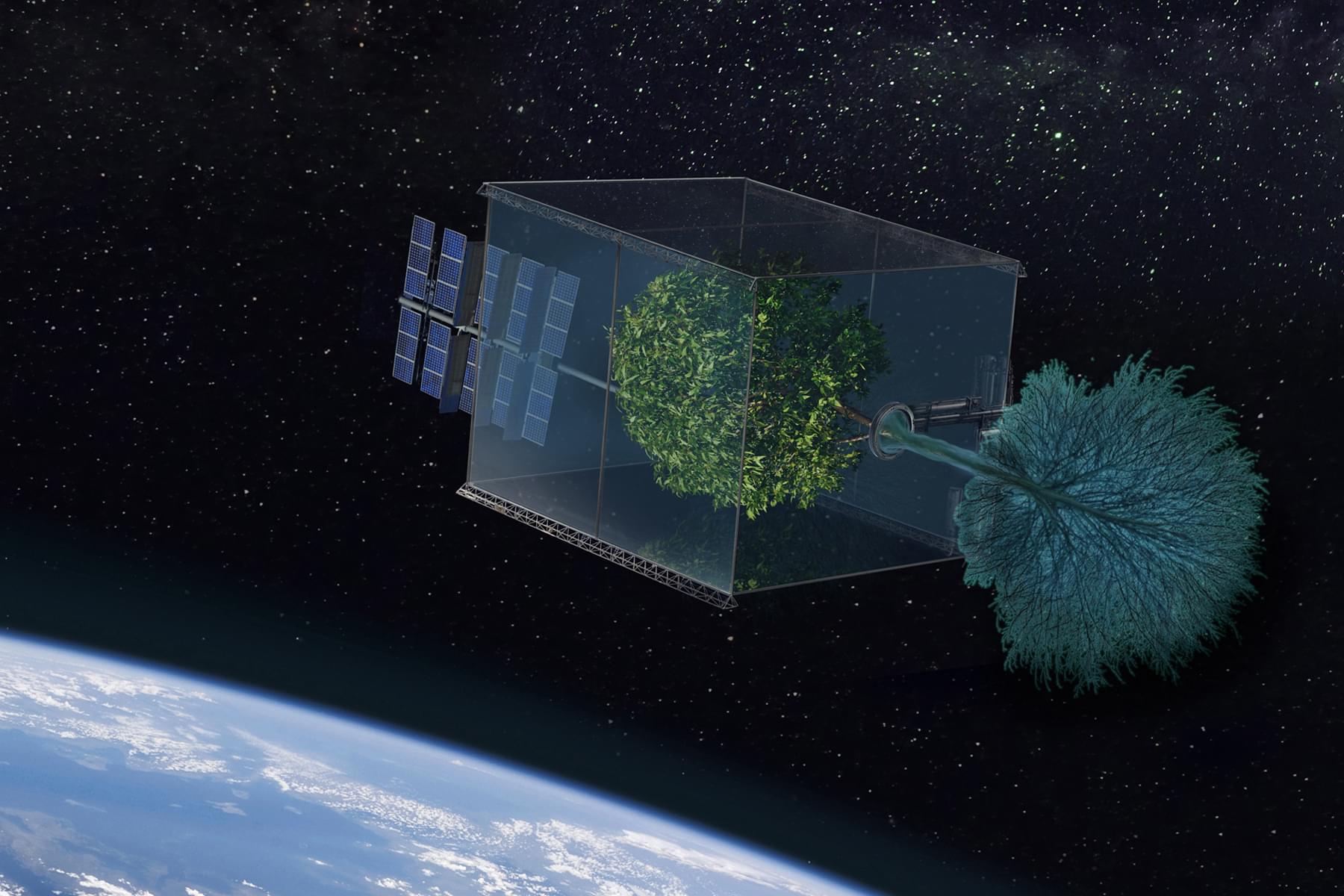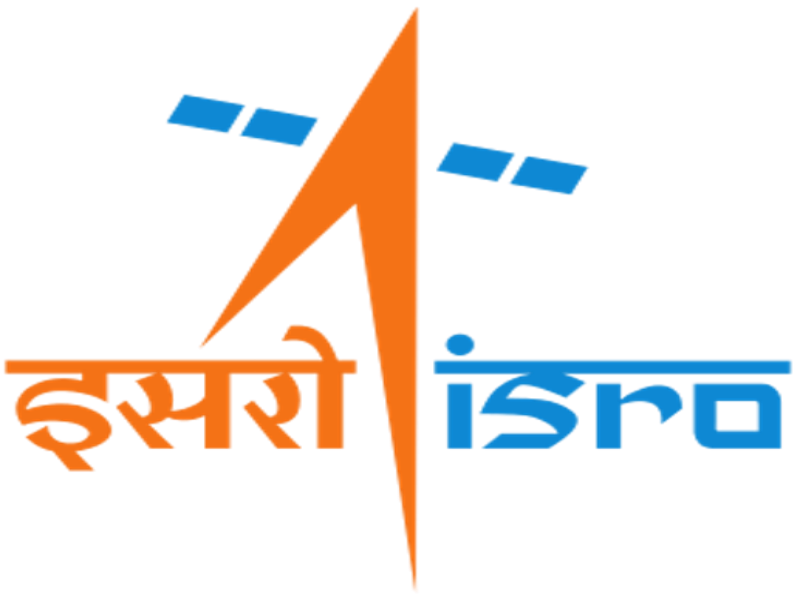Archive for the ‘satellites’ category: Page 184
Mar 16, 2016
The 21st century Star Wars — By Dr Patricia Lewis | The World Today
Posted by Odette Bohr Dienel in categories: governance, government, law, policy, satellites, security, space, transparency, treaties, weapons
“Modern life relies on satellite sytems but they are alarmingly vulnerable to attack as they orbit the Earth. Patricia Lewis explains why defending them from hostile forces is now a primary concern for states”
Mar 1, 2016
Tiny Radar Camera Microchip Packs A Big Punch
Posted by Shailesh Prasad in categories: computing, electronics, satellites
This tiny microchip effectively allows for palm-sized radar cameras.
In the future, radar cameras for use in satellites could be made a hundred times smaller with this millimeter-long chip, without compromising on image quality.
Mar 1, 2016
China to conduct more than 20 satellite launches in 2016
Posted by Karen Hurst in category: satellites
(File photo)
The year 2016 is a big year for China’s aerospace industry, as several rockets will be sent into space, including Tiangong-2, an orbiting space lab and Shenzhou-11, a manned spacecraft with two people on board.
Two new types of rockets will be launched in 2016. Long March-7, scheduled to be launched in June, will put the country’s first cargo ship, Tianzhou-1, into space in the first half of 2017 to dock with Tiangong-2 and conduct experiments.
Feb 26, 2016
Can SkyFi Really Give the Entire World Free Internet?
Posted by Shailesh Prasad in categories: internet, satellites, space
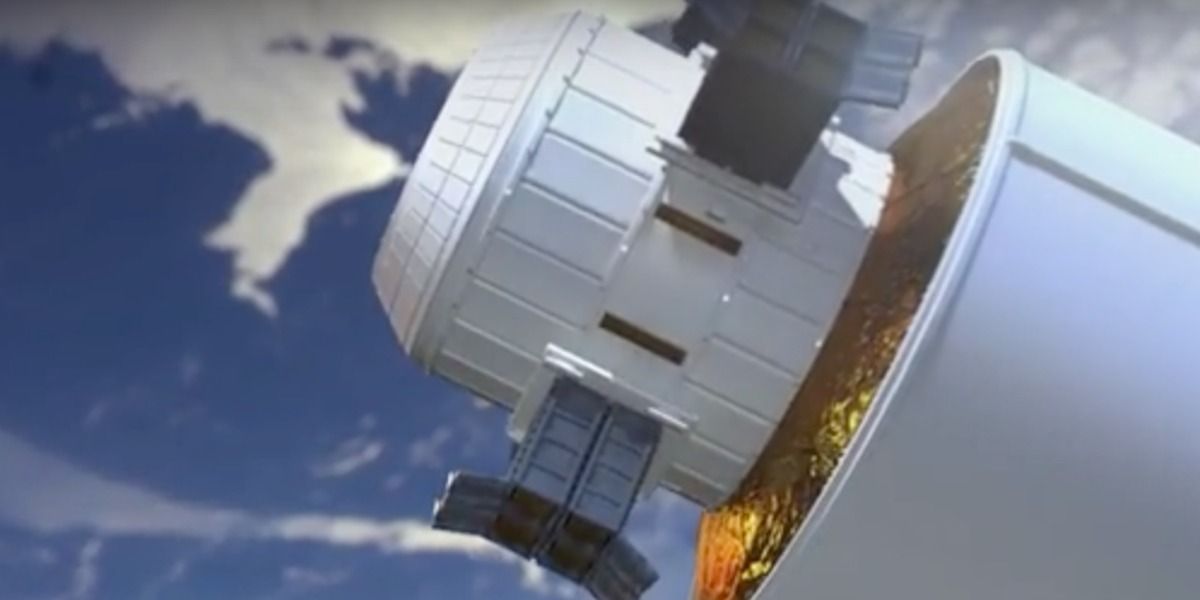
Wifi distribution across this planet is patchwork of crazy: You can tweet from Mt. Fuji but lord help you if you want to send an email in Cuba. Thursday, Israeli company SkyFi announced it will be the one to finally soak the world in wifi from space.
In a press release announcing $3 million in funding from Jerusalem Venture Partners and the Liberty Israel Venture Fund, the company said it would get around the problems preventing reliable wifi from traditional satellites by launching nano satellites whose 55-centimeter diameter antenna could be folded up to make launching cheaper, then expanding once in orbit.
Continue reading “Can SkyFi Really Give the Entire World Free Internet?” »
Feb 26, 2016
Israel startup SkyFi gets $3M to spread internet globally
Posted by Klaus Baldauf in categories: internet, satellites
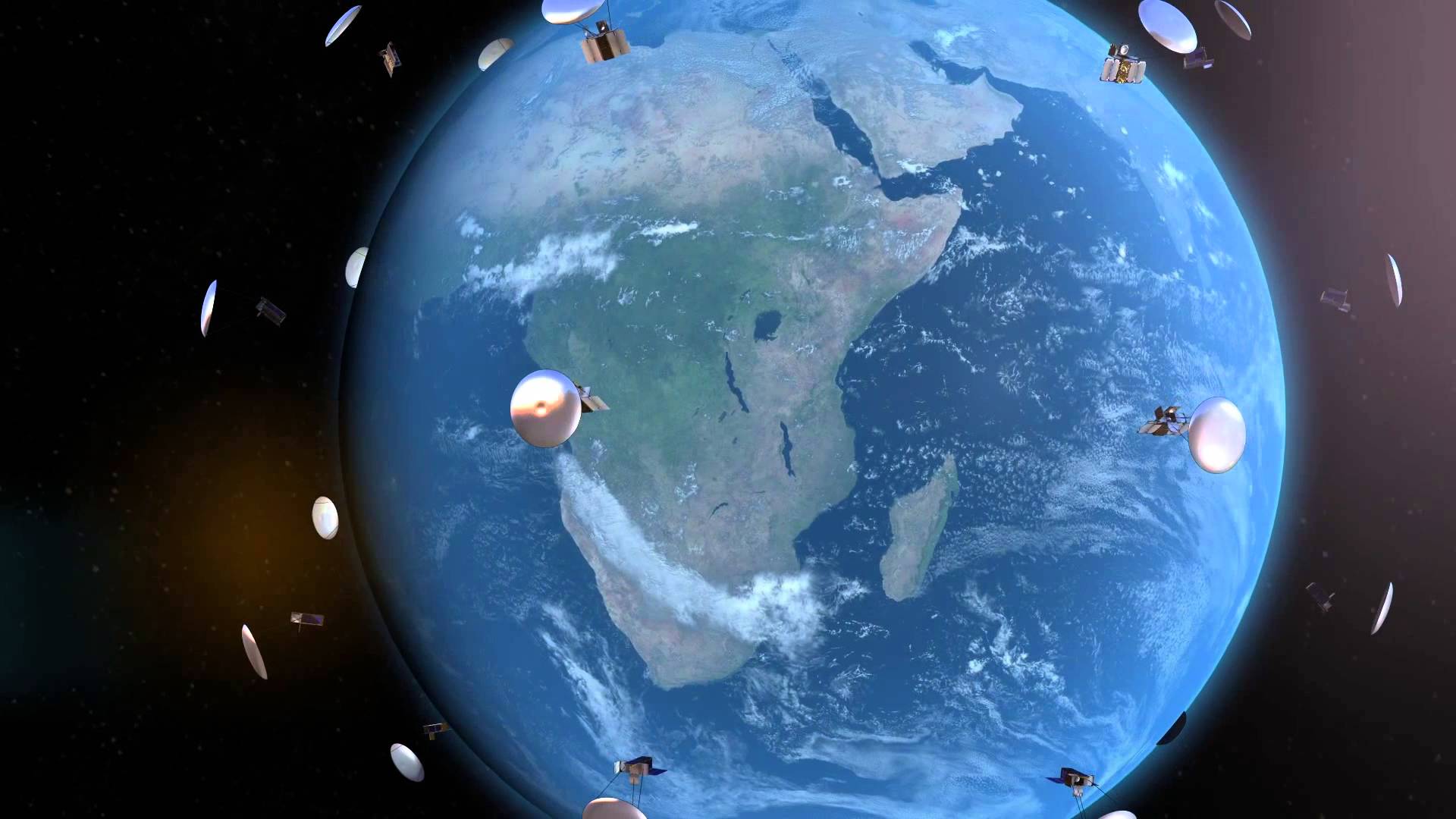
https://youtube.com/watch?v=W0YgV1TgnF8
“We think the only way to effectively connect people all over the world is through satellites.”
![]()
![]() Gedalyah Reback 23 hours ago.
Gedalyah Reback 23 hours ago.
Continue reading “Israel startup SkyFi gets $3M to spread internet globally” »
Feb 23, 2016
Can a tree grow in space?
Posted by Klaus Baldauf in categories: engineering, food, materials, satellites, space travel
Satellites and spacecraft are generally complex to build on the ground, expensive to launch and obsolete in a decade or less.
These objects end up floating in orbit around the planet contributing to the pollution surrounding the Earth. But what if there was an alternative?
That’s the question David Barnhart, director of USC’s Space Engineering Research Center and lead for the Space Systems and Technology group for the USC Information Sciences Institute, is contemplating. What if we could just “grow” spacecraft, repurpose a hybrid of inorganic and organic materials and even allow food to grow in space?
Feb 21, 2016
DigitalGlobe Partners with TAQNIA and KACST to Develop Constellation of Small Imaging Satellites
Posted by Karen Hurst in categories: business, satellites
TAQNIA and KACST signed an agreement on February 21, 2016, to form a joint venture that will be responsible for developing six or more sub-meter resolution imaging satellites.
KACST will construct, integrate, and launch the satellites, and it will own 50% of the satellites’ imaging capacity inside of KACST’s communication cone, which includes Saudi Arabia and the surrounding region. And, DigitalGlobe will have rights to the other 50% of the capacity inside this region and 100% of the satellites’ capacity outside of the region.
WESTMINSTER, Colo.–(BUSINESS WIRE)– DigitalGlobe, Inc. (NYSE: DGI), the global leader in earth imagery and information about our changing planet, today announced the formation of a joint venture with TAQNIA, a firm dedicated to accelerating technology development for the Kingdom of Saudi Arabia, in partnership with KACST to develop a constellation of highly capable small imaging satellites to support the needs of customers around the world.
Feb 20, 2016
Japan Launches Observatory To Study Black Holes And Dying Stars
Posted by Karen Hurst in categories: cosmology, satellites

Japan is studying the black holes.
This week the Japan Aerospace Exploration Agency (JAXA) successfully launched a new space observatory designed to study black holes, dying stars and the history of galaxy clusters. The X-ray Astronomy Satellite, known as ASTRO-H, will be able to detect X-rays more than 10 times fainter than its telescope predecessor, Suzaku.
Continue reading “Japan Launches Observatory To Study Black Holes And Dying Stars” »
Feb 18, 2016
ISRO is developing a nano satellite to monitor suspended particles in polluted Indian cities
Posted by Karen Hurst in categories: particle physics, quantum physics, satellites
Nano Satellite could be interesting and even expanded upon especially as we look to expand the usage of Quantum Technology across various wireless devices in the future as well as microbot technology to enable connectivity to the cloud and other wireless devices.
The nano-satellite, which is among ISRO’s important missions, will monitor air pollutants that pollute cities including Delhi, Lucknow, Amritsar and Allahabad.
The nano-satellite will weigh 15kg and placed 500 km above the earth.


